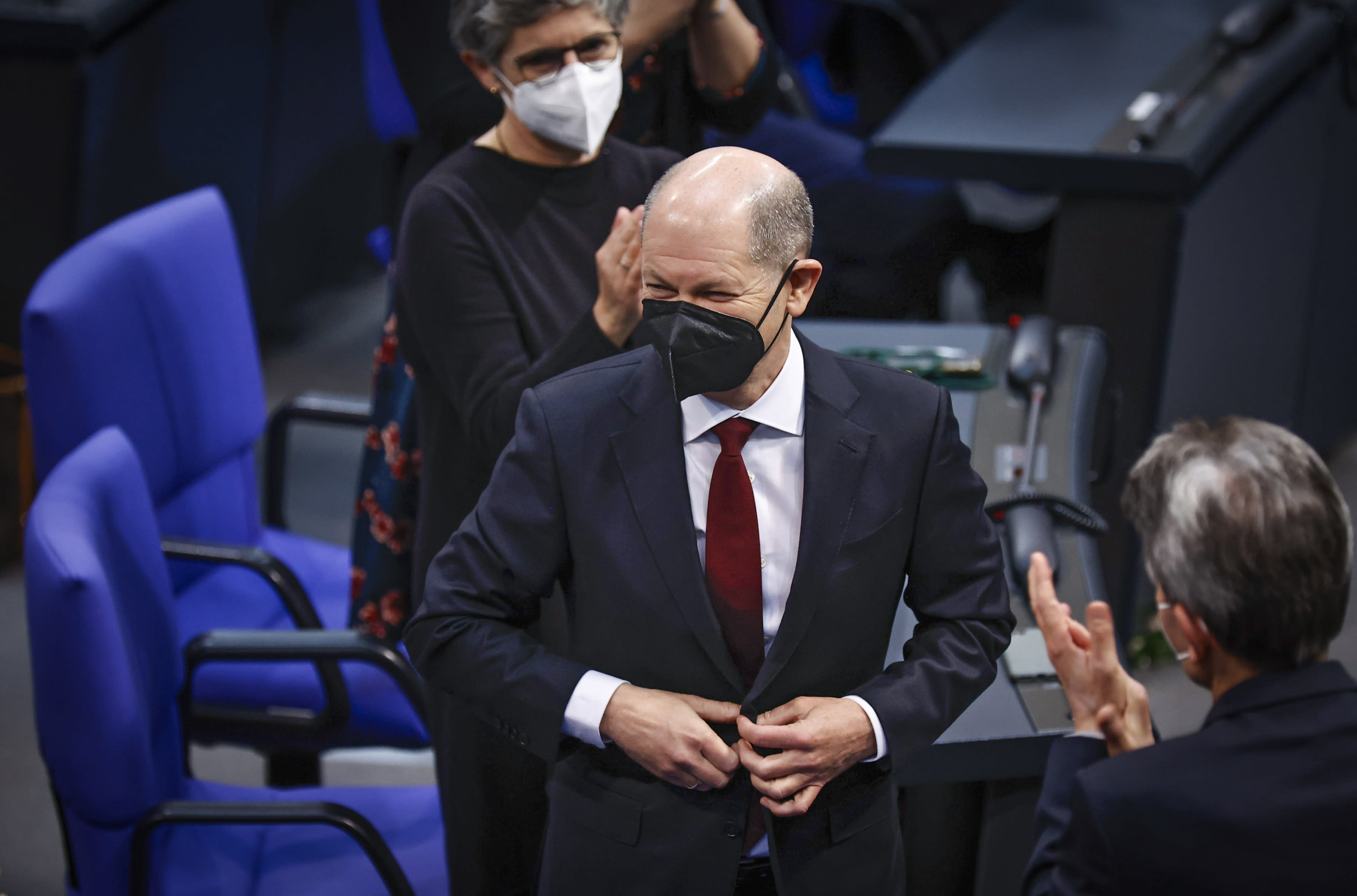"Cyprus’ EU future also important as well as resolution"
Cyprus and Greece are co-ordinating strategy in view of international efforts to reunify the island – based on a UN blueprint – before its accession to the EU in May 2004.
Papandreou suggested that pending EU entry was the catalyst for a Cyprus solution after 29 years of division, although not much is expected to happen before Turkish Cypriot parliamentary elections in December.
“There is now a new dynamic for settlement of the Cyprus problem,” Papandreou told reporters at the start of his two-day visit.
“We know no solution is not a solution and we will have extensive discussions with the Cyprus government,” he added.
A united Turkish Cypriot opposition has vowed to oust hardline Turkish Cypriot leader Ruaf Denktash as Cyprus settlement negotiator if they gain a majority of seats.
Unlike the veteran leader, the opposition in northern Cyprus back the UN reunification plan for a reunited Cyprus to enter the EU.
Failure to reach a UN-brokered settlement by next May will see a divided island join an enlarged 25-member bloc, with only the internationally-recognised Greek Cypriot south enjoying the benefits.
Papandreou was to meet his Cypriot counterpart George Iacovou, Cyprus president Tassos Papadopoulos and attend a bicommunal gathering of Greek and Turkish Cypriot teachers later on Wednesday.
Papadopoulos is to hold talks with Greek PM Costas Simitis on September 16 in Athens.
Cyprus reunification talks have been in limbo since the failure to agree on a UN settlement blueprint in March when Denktash took the brunt of the blame for the collapse.
Cyprus has been divided since 1974, when Turkish troops invaded the island after an Athens-engineered military coup aimed at uniting the independent republic with Greece.



